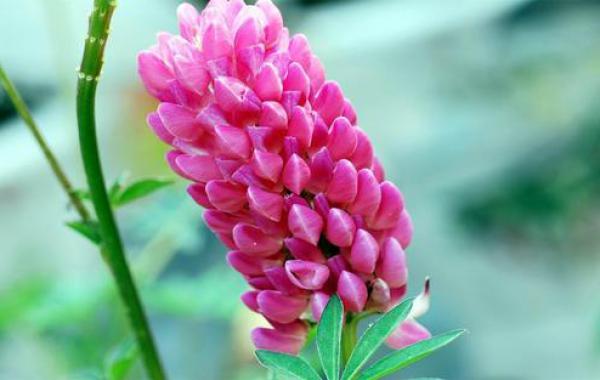How to maintain flowers in autumn? Maintenance methods of flowers in autumn
Autumn is the second growing period of flower growth, so do you know how to maintain flowers in autumn? Next, the editor will introduce to you in detail the maintenance methods of flowers in the next autumn to help you grow flowers better.
Maintenance methods of flowers in autumn:
1. Water it. For most flowers, water can be watered every two days according to the dry and wet condition of the basin soil; for flowers that bloom in autumn, winter or early spring and those sown in autumn, they can be watered normally according to the actual needs of each kind of flowers, and other flowers should gradually reduce the amount of watering, avoid excessive water and fertilizer, cause overgrowth, affect flower bud differentiation and survive the winter safely. For wet foliage plants, in addition to watering every day, new high lipid membrane should also be sprayed to form a layer of polymer film to moisturize and prevent disease bacteria.
two。 Fertilize. As this is a period of exuberant growth of most flowers, in addition to ensuring water supply, flower buds should also be sprayed with Zhuangtiling, and fertilization is also important. For autumn chrysanthemum, sweet-scented osmanthus, camellia, rhododendron, etc., which bloom once a year, liquid fertilizer based on phosphate fertilizer should be applied 2-3 times in time, otherwise not only the flowers are few and small, but also the phenomenon of falling buds will appear; for rose, Milan, jasmine, mulberry, begonia, kumquat, pomegranate and other fruit plants that bloom many times a year, in addition to ensuring the supply of nitrogen fertilizer, appropriate amount of phosphate and potassium fertilizer should be applied.
3. Plastic surgery and trimming. In autumn, many flowers will sprout twigs, except for some of the twigs to be retained, the rest should be cut off in time to reduce nutrient consumption. The preserved twigs should also be plucked in time to prevent them from growing. For autumn buds such as chrysanthemum, rose and hibiscus, lateral buds should be removed in time except for a main bud with good growth at the top. For the species that bloom for a long time, such as rose, mulberry, jasmine, geranium, etc., the stumps that have flowered should be removed in time, and the branches that have flowered should be trimmed, and the tree protection generals should be sprayed for disinfection after pruning to prevent bacteria from infecting from the wound.
Related
- What if the leaves of potted flowers turn yellow?
- Florescence Control of several Flowers
- Anti-freezing technology and post-freezing nursing technology of flowers
- What is the classification of flowers? What are the common methods of flower classification?
- Prevention and control of alkali and acid damage of flowers in courtyard
- Technology of Anti-freezing and restoring growth of Flower seedlings in greenhouse and greenhouse
- How does flower fertilization not hurt the root? Fertilization technology of flowers
- Key points of disinfection in flower greenhouse
- Several pesticides that are banned or used cautiously in flowers
- How to fertilize the flowers that watch the leaves?



